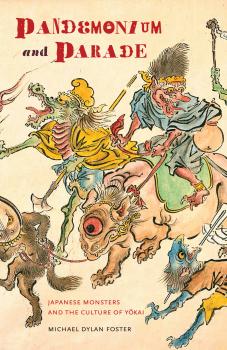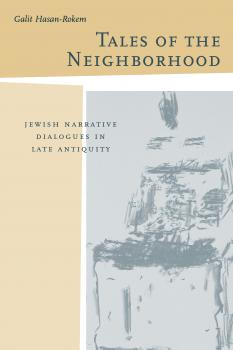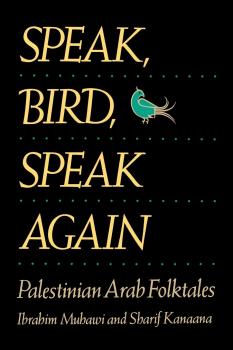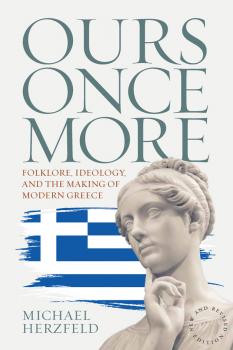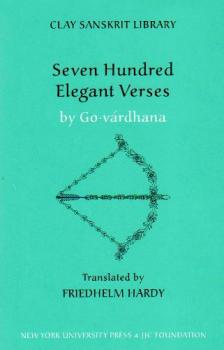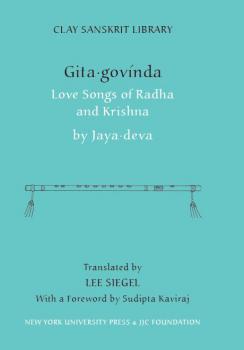Старинная литература: прочее
Различные книги в жанре Старинная литература: прочееA Short History of Myth
“Human beings have always been mythmakers.” So begins best-selling writer Karen Armstrong’s concise yet compelling investigation into myth: what it is, how it has evolved, and why we still so desperately need it. She takes us from the Paleolithic period and the myths of the hunters right up to the “Great Western Transformation” of the last five hundred years and the discrediting of myth by science. The history of myth is the history of humanity, our stories and beliefs, our curiosity and attempts to understand the world, which link us to our ancestors and each other. Heralding a major series of retellings of international myths by authors from around the world, Armstrong’s characteristically insightful and eloquent book serves as a brilliant and thought-provoking introduction to myth in the broadest sense—and explains why if we dismiss it, we do so at our peril.
The Rise of Wisdom Moon
The Rise of Wisdom Moon was composed during the mid-eleventh century by Krishna mishra, an otherwise unknown poet in the service of the Chandella dynasty, whose cultural and religious capital was Khajuraho. The early popularity of Krishna mishra’s work led to its frequent translation into the vernaculars of both North and South India, and even Persian as well. Famed as providing the enduring model of the allegorical play for all subsequent Sanskrit literature, The Rise of Wisdom Moon offers a satirical account of the conquest of the holy city of Benares by Nescience, of the war of liberation waged by the forces of Intuition, and of the freedom of the Inner Man that then follows the rise of Wisdom. But at the outset, when Nescience still has the upper hand, with minions like Lord Lust, such developments seem unlikely.
Seven Hundred Elegant Verses
When Go·várdhana composed his "Seven Hundred Elegant Verses" in Sanskrit in the twelfth century CE, the title suggested that this was a response to the 700 verses in the more demotic Prakrit language traditionally attributed to King Hala, composed almost a thousand years earlier. Both sets of poems were composed in the arya metre. Besides being the name of a metre, in Sanskrit arya means a noble or elegant lady, and Go·várdhana wished to reflect and appeal to a sophisticated culture. These poems each consist of a single stanza, almost as condensed and allusive as a Japanese haiku. They cover the gamut of human life and emotion, though the favorite topic is love in all its aspects.Co-published by New York University Press and the JJC FoundationFor more on this title and other titles in the Clay Sanskrit series, please visit http://www.claysanskritlibrary.org
Gita Govinda
Jayadeva’s Gitagovínda is a lyrical account of the illicit springtime love affair of Krishna and Radha, a god and goddess manifesting on earth as a cowherd and milkmaid for the sake of relishing the sweet miseries and rapturous delights of erotic love. The narrative framing their bucolic songs was composed under royal patronage in northeastern India in the twelfth century. It was to be performed for connoisseurs of poetry and the erotic arts, for aesthetes and voluptuaries who, while sensually engaged, were at the same time devoted to Krishna as Lord of the Universe. The text at once celebrates the vicissitudes of carnal love and the transports of religious devotion, merging and reconciling those realms of emotion and experience. Erotic and religious sensibilities serve, and are served by, the pleasures of poetry. In the centuries following its composition, the courtly text became a vastly popular inspirational hymnal. Jayadeva's songs continue to be sung throughout India in fervent devotional adoration of Krishna.
